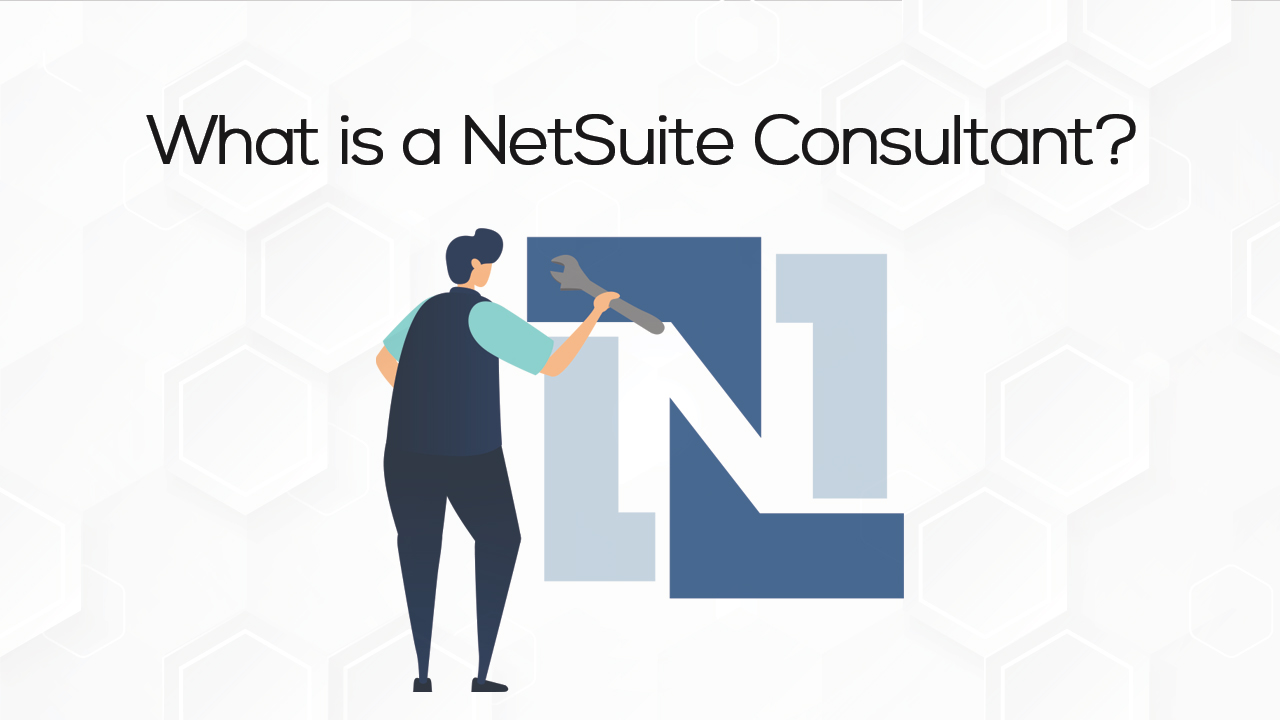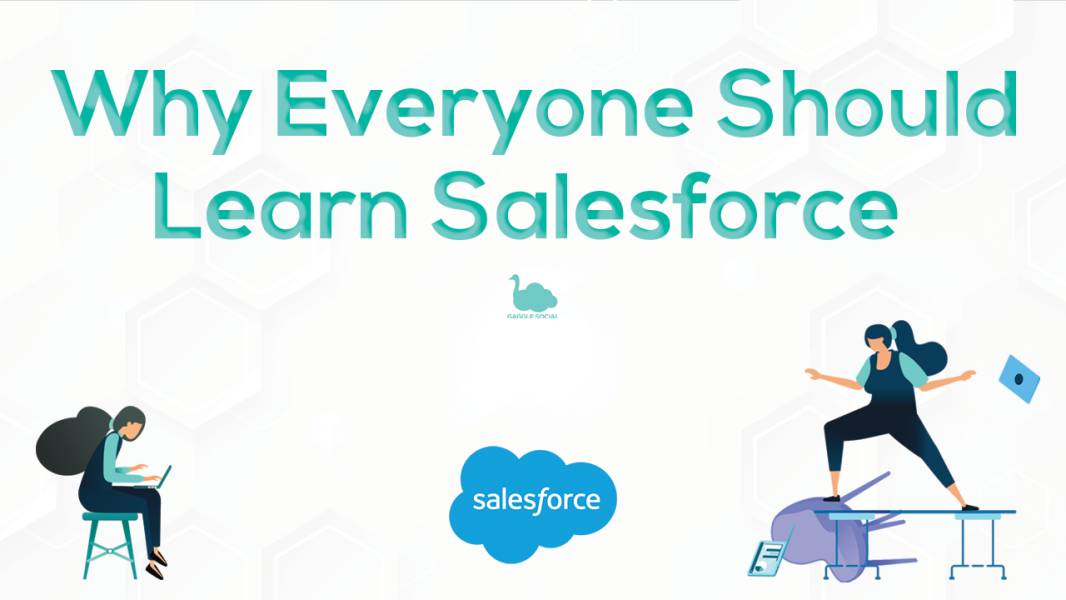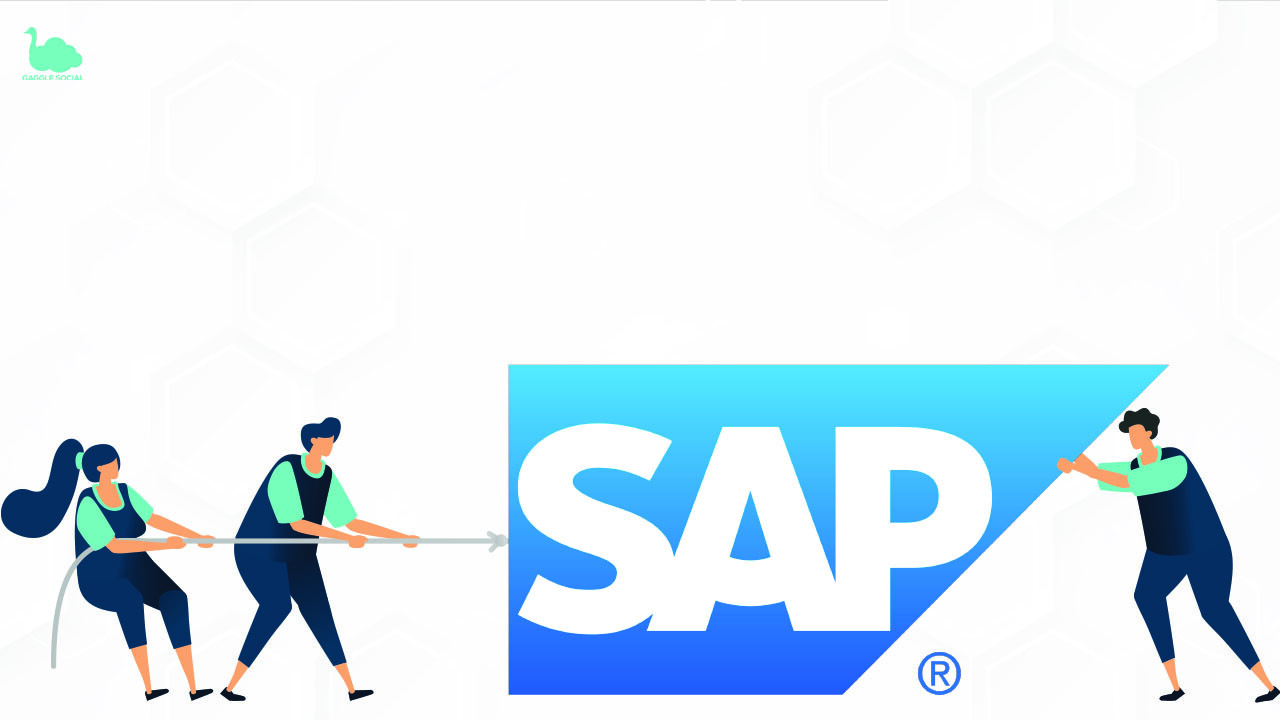- admin
- Jul 31,2023
Core Modules & What They Do
Salesforce is one of the most widely used Customer Relationship Management (CRM) solutions. One of the reasons for this is its versatility, which can benefit most companies in a variety of industries. In one of Gaggle’s earlier articles titled Why Everyone Should learn Salesforce, we explored how Salesforce has become essential to learn and utilize. With over 150,000 companies using Salesforce, the technology offers modules that allow companies to implement Salesforce according to their specific needs.
Salesforce solutions are referred to as “Clouds” and we will go through them and their advantages, uses, and features. The following are modules that salesforce currently offers:
- Sales Cloud
- Service Cloud
- Marketing Cloud
- Commerce Cloud
- Community Cloud
- Analytics Cloud
Salesforce’s product line also features an array of honorable mentions that can help improve your Salesforce platform’s viability and organizational productivity or to be used independently:
- Education Cloud
- Einstein
- Experience Cloud
- Financial Services Cloud
- Health Cloud
- Nonprofit Cloud
- Lightening
- MuleSoft
- Pardot
- Philanthropy Cloud
- Quip
- Salesforce Success Cloud
- Slack
- Tableau
- Tableau CRM
- General
However, today we will be focused on detailing the aforementioned. We will go through each of those Clouds and focus on providing you with a better understanding of what Salesforce’s core products power.
Sales Cloud is a module that is ideal for employees that are managing sales reports, orders, customer details/contacts, and product details. To do so, the module includes important features known as accounts, campaign, opportunities, territory, and leads management as well as visual workflow, custom tabs, and dashboards. With these features, Sales Cloud (as the name suggests) is ideal for sales teams. It’s designed to help employees manage and make sales efficiently while building a loyal customer base. An example of using Sales Cloud’s features would be to use the Leads Management feature to track or chase your leads in tandem with the Opportunities Management feature. This tag team will allow you to properly plan, analyze team activity, and improve performance/competitive strategy.
The Service Cloud is a module that improves your organization’s customer support initiatives. This module allows for additions to your organization such as customizable customer service and self-service portal, Web-to-case, CTI integration, case management, agent workspace, and Omnichannel routing. For example, if a customer has an issue the portal could be configured to match them up to an article that can help the customer troubleshoot or answer any questions they may have before reaching a support professional. Service Cloud allows for customer service agents to access data and details pertaining to customers and their respective histories in order to better assist them in real-time and address their concerns accurately. Service Cloud allows you to streamline workflows and automate service processes, saving your organization & customers/clients valuable time.
Marketing Cloud is a module designed to improve customer experience. These features include Journey Builder, Email Studio, Audience Studio, Social Studio, Datorama, Advertising Studio, Mobile Studio, Data Studio, and Interaction studio to name a few. According to Centric Consulting the roots of Salesforce’s Marketing Cloud come from their acquisition of ExactTarget in 2013. This is important to note as occasionally you still come across various content that refers to Marketing Cloud as “ExactTarget.” The studios mentioned above are able to link channels of marketing & communication. This includes being able to look at customer marketing analytics, notification management, social media advertising and activity, customer engagement across platforms, and email marketing automation. The module also allows for customization of not only email content but also for other types of consumer engagement. This incentivizes a stronger relationship between the customer and the organization with relevant and personalized communication all the while creating automated pathways to relay information while accurately reaching or retargeting thus creating efficiency, accuracy, and conveying a sense of personalization and care to your consumers/audience.
According to Salesforce itself “Commerce Cloud is the world’s leading B2C and B2B commerce solution. Commerce Cloud is a multi-tenant, cloud-based commerce platform that empowers brands to create intelligent, unified buying experiences across all channels — mobile, social, web, and store”. Last known as Demandware the Salesforce Commerce Cloud allows for customers to experience a personalized experience across all commerce channels including social, store etc. Especially important for primarily web-focused brands but valuable for all brands with an online presence, the module allows valuable visibility of the scale that your business can operate on not only upon immediate implementation but also in terms of future success. E-commerce should be user-friendly and unique to the brand, standing out and building a loyal customer base attracted to what the brand has to offer. Commerce Cloud has many features but the main ones include A/B testing, catalog management, product management, multi-site management, customer-specific pricing, targeted promotion management, merchandising tools, customer segmentation, pre-built integrations and more. This module/cloud allows for brands to utilize automated yet personalized branding, easy-to-operate site functions, easy website launches, secure and fast payment options, and it is all synchronized to provide for an engaging and successful operation. With a seamless platform, brands can become reliable and focus on growing their brand.
Salesforce provides a multi-tenant infrastructure that allows multi-departmental communication through its Community Cloud. Through the Community Cloud, employees can interact for any reason from help desk communications to human resources communications. With real-time sharing and exchange of data, not only can employees of all levels address issues and collaborate amongst themselves but also with external parties securely. This module is highly flexible and allows you to leverage CRM data and streamline operations across the organization both in terms of geographical and departmental boundaries. Get On CRM gives us a list of the features that Community Cloud uses to execute this experience: Personalization, Customization, Branded Community, Knowledge Base and Q&A, Sales Force Automation, Personal Member Scoring, Data Sharing, Dashboards and Reports, File sharing, Community Groups, Topics Pages
When implementing Salesforce it is recommended to set up modules that directly address your companies most important needs and then add on the modules that will add to the convenience of operating your business in the most efficient manner. For example if your business’ focus is on sales then you should focus on prioritizing the Sales Cloud module first and foremost. Service cloud can then be added on to uphold all of the features of Sales Cloud while boosting productivity and increasing ROI. Here at Gaggle, we appreciate the growing world of CRMs and the importance of keeping your organization ever evolving. We will continue to provide you with the best options and up-to-date knowledge to keep you ahead of the curve. Gaggle Social prioritizes education, both formal & peer-based, for the leading enterprise applications. We hope to welcome troves of education professionals and professionals looking to learn so make sure to sign up for network and bring that powerful brain of yours with you!
Resources:
- https://ledgeviewpartners.com/blog/salesforce-service-cloud-vs-sales-cloud/
- https://www.salesforce.com/products/sales-cloud/features/opportunity-pipeline-management/
- https://ledgeviewpartners.com/blog/what-is-salesforce-service-cloud-and-its-benefits/
- https://www.educba.com/what-is-salesforce-sales-cloud/
- https://centricconsulting.com/blog/what-is-salesforce-marketing-cloud-and-the-benefits-of-using-it/
- https://developer.commercecloud.com/s/
- https://www.salesforce.com/products/commerce-cloud/faq/
- https://www.pixelmedia.com/what-is-salesforce-commerce-cloud/
- https://getoncrm.com/what-is-salesforce-community-cloud-features-and-benefits-of-salesforce-community-cloud/
Recent Posts
NetSuite is the world’s leading cloud ERP software that was founded in...
- admin
- Feb 17,2022

Have you ever used the microwave, your computer, your refrigerator,...
- admin
- Feb 16,2022

As organizations become more and more technologically advanced, we see...
- admin
- Feb 16,2022

